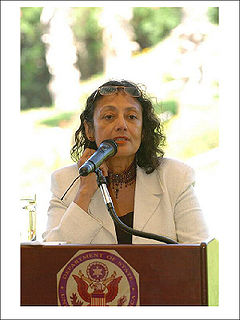A Quote by Susan Beth Pfeffer
Sometimes the rules don't work. Sometimes the rules cause the anarchy.
Related Quotes
Horror fiction seems to spawn more dumbass 'rules' than any other kind of writing, and one of the dumbest is the assumed 'requirement' of a twist ending, going all the way back to H.H. Munro. This story is also the result of a long rumination on how stories are sometimes scuttled or diminished by succumbing to such 'rules'.



































